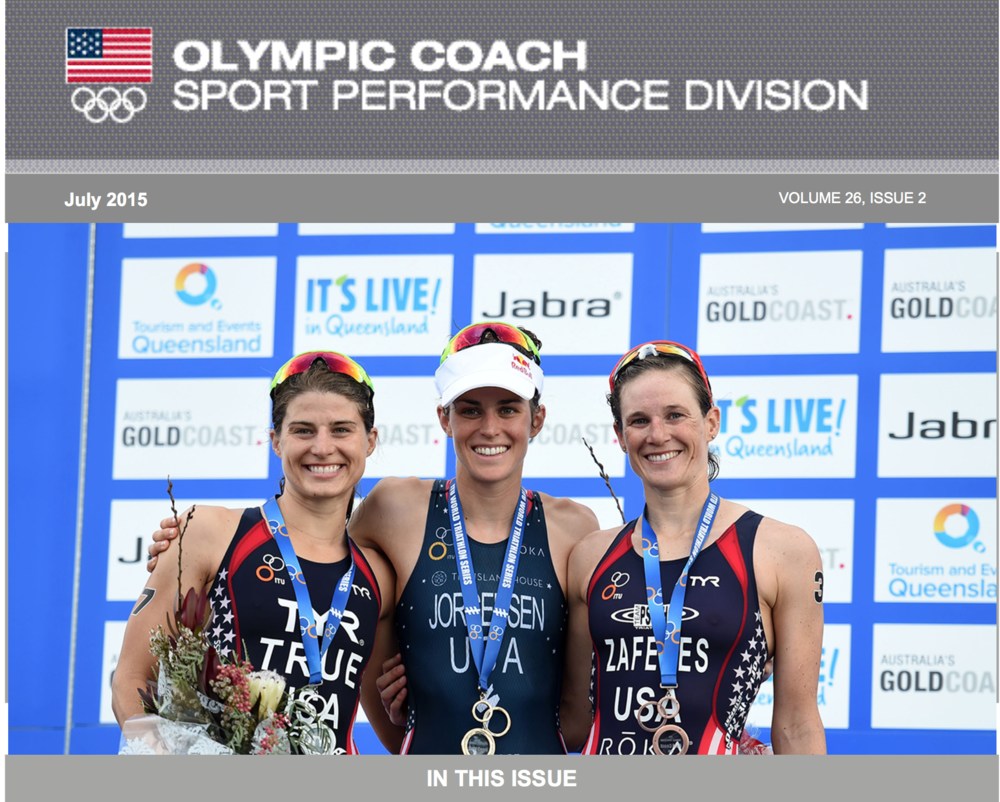This is adapted from an analysis of British Swimming post 2012 from a senior US coach who compiled the following top ten recommendations from leading peers. It's not exhaustive but is applicable to all Olympic sports:
1. Abandon early selections for all but confirmed medal contenders.
2. Race in tough international competitions far more often. (French Grand Prix, German Bundesliga)
3. Hire a Head Coach from your country. Make your own people responsible for performance.
4. Feed an 'us against the world' culture.
5. Get the CEO and HPD out of the way, so the best coaches can be themselves and work in a way they have demonstrated gets results.
6. Facing the worlds best should be your only focus.
7. Hold fewer national team camps and make them more specific in a competitive environment.
8. Focus on the athletes who succeed.
9. Put your athletes in situations where they are not well paid, not well housed, not comfortable. Those will fire in their belly will rise. Same with coaches.
10. Reward top performance, not effort, at the end of the journey. Some will fail. Tough.







